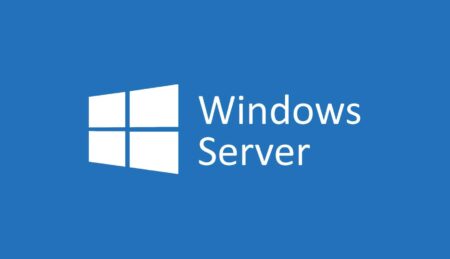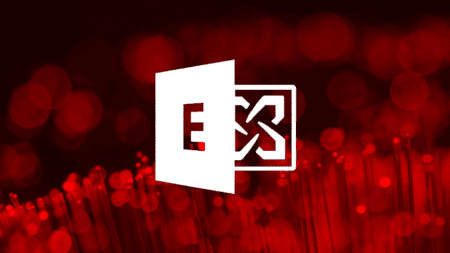Microsoft will no longer provide technical support and bug fixes for new issues that impact server stability or usability from April 11 onwards.
Additionally, the tech giant will cease time zone updates and security updates that address vulnerabilities impacting servers running Exchange Server 2013.
The product was first released in January 2013 and reached its mainstream end-of-life phase more than four years ago. Now, the extended end-of-support (EOS) date draws closer.
Microsoft Exchange Product Marketing Manager Scott Schnoll urged customers to migrate from Exchange Server 2013 as soon as possible. “If you haven’t started your migration from Exchange Server 2013 to Exchange Online or Exchange Server 2019, get going now!”
Upgrading
The upgrade allows users to continue receiving bug fixes and security updates. Before deploying new Exchange Server 2019 installations, customers should ensure that their network, hardware, software and clients meet the requirements.
Additionally, Microsoft recommends admins migrate to its hosted Exchange Online email and calendaring client as part of an Office 365 subscription or standalone service.
Furthermore, Microsoft’s FastTrack service is available to help customers migrate to Exchange Online, providing best practices, tools, and resources. Customers are eligible for support from Microsoft engineers that walk them through the process, from planning and design to migrating the last mailbox.
Information on Microsoft 365 migration options and methods is available on Microsoft’s documentation site, along with guidance to help administrators decide on the right migration path.
Windows
Microsoft recently reminded customers that Windows 7, Windows 8.1, Windows Server 2012, and Windows Server 2012 R2 have also reached their end-of-support dates. Companies should plan accordingly and ensure they are running the latest software versions to avoid security vulnerabilities, compliance problems and other issues.



















